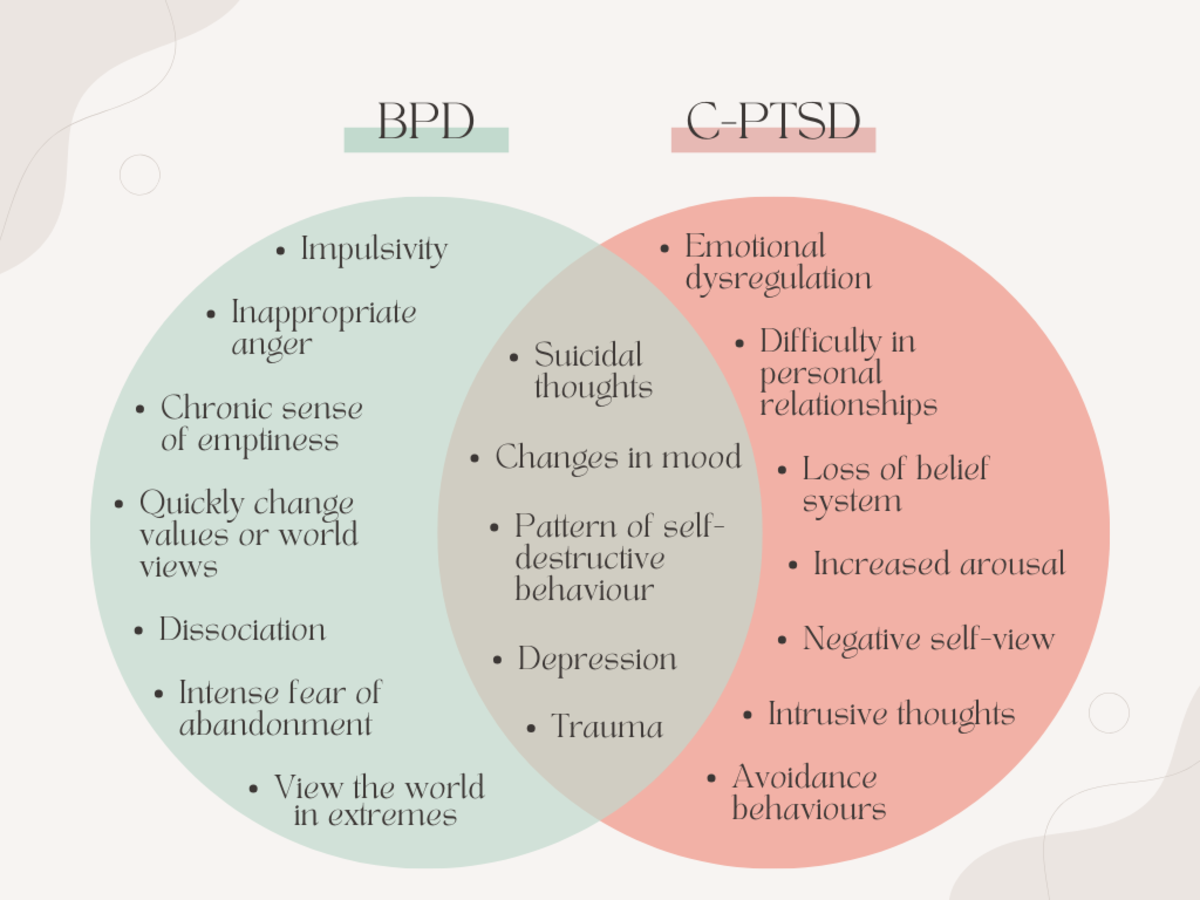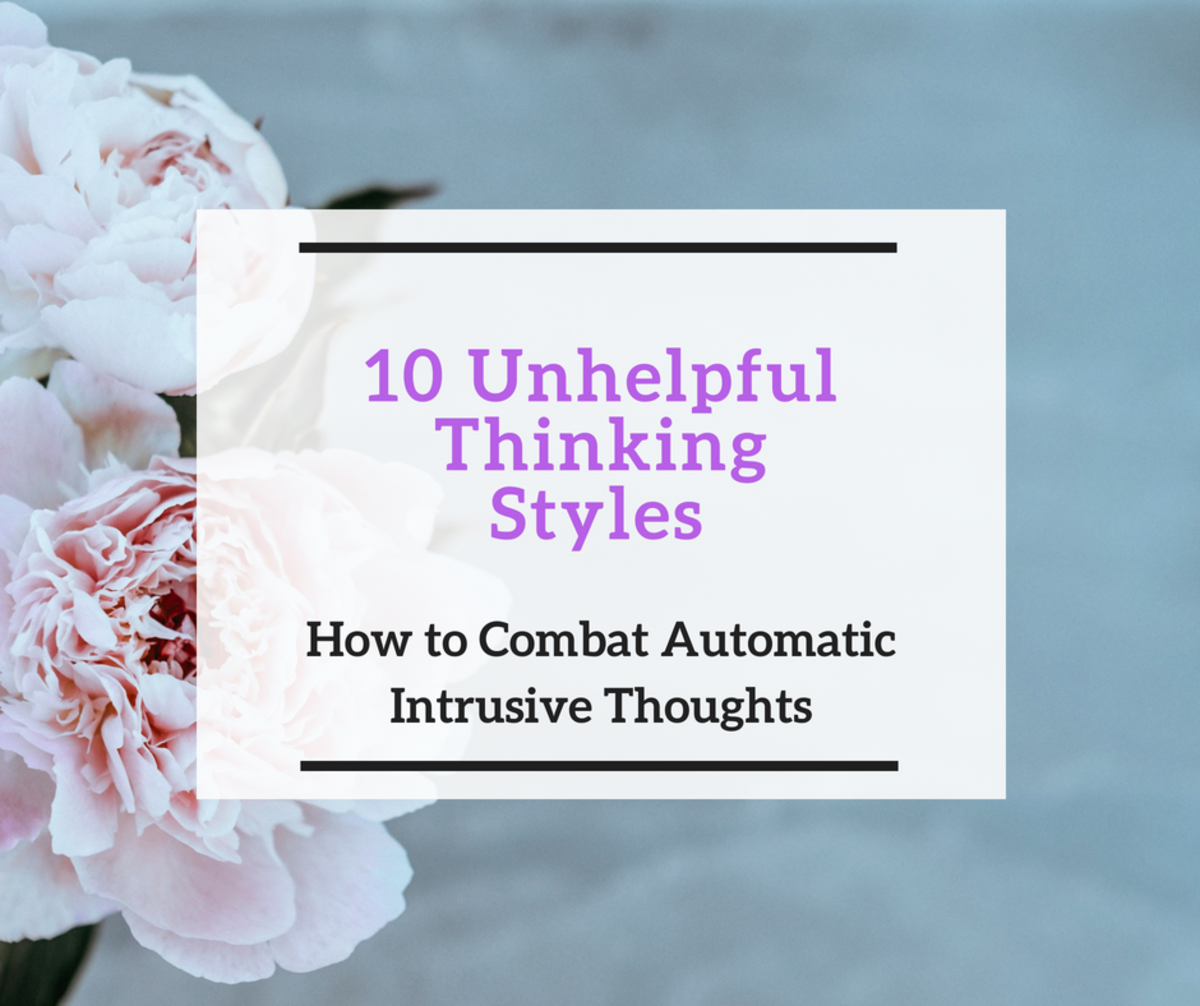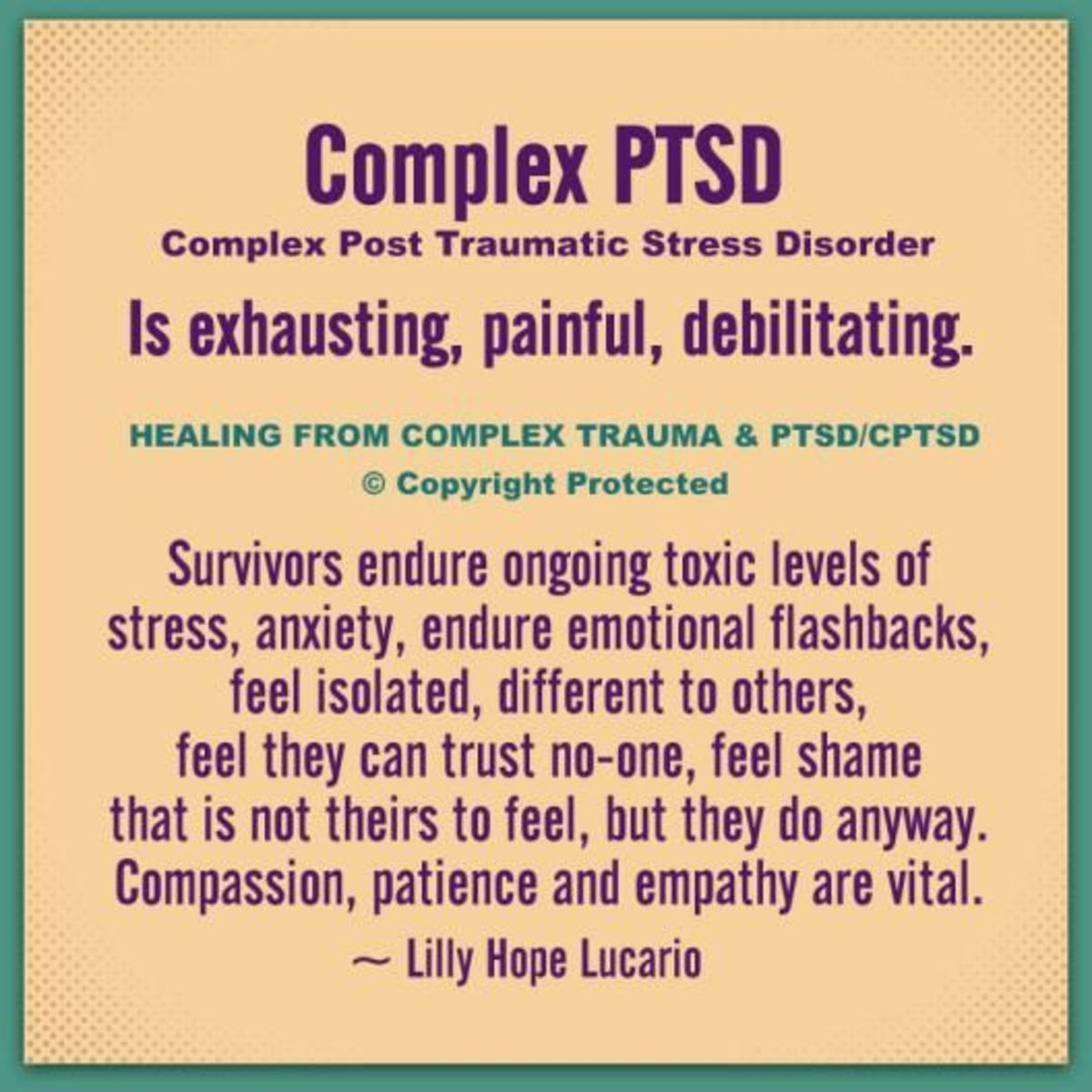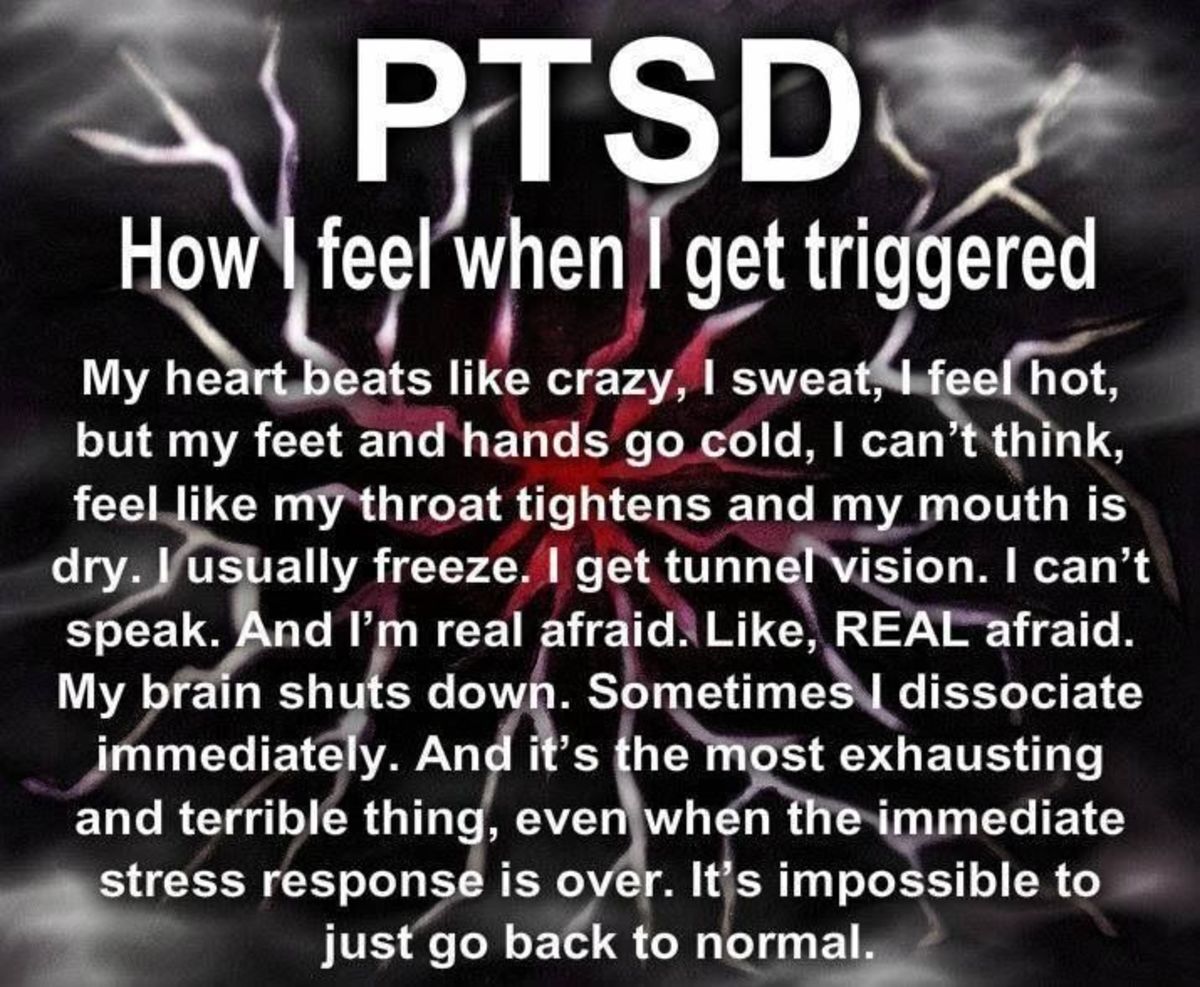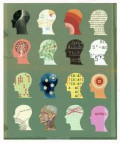To anyone with PTSD

To anyone with PTSD. I am a CBT therapist working in the NHS and with a local veterans charity. I have made a list of 10 things I want you all to know.
1. It never presents the same. When assessing for PTSD I will look for symptoms which fall under three cluster categories:
-Intrusions. Unwanted thoughts, images, memories, emotions will keep occurring. This can be when awake, asleep or both.
-Hypervigilance / numbing. Over or under pronounced emotional and physical responses which will often present together leaving you feeling like you're in a washing machine.
-Avoidance. Not just of triggers but of feelings, people, thinking or feeling. People are adaptive and will find different methods to avoid. Although every one of you will experience symptoms from each one of these clusters, every single person will have slightly different symptoms. This will confuse you and those around you including medical professionals. PTSD is tricky, it's often missed, mistaken for other illnesses or dismissed as your chosen behaviour. This will make you feel alone and uncertain.
2. It won't let you rest. A lovely relaxing day away from it all? A hot bath or a favourite film? Just as your thoughts start to slow, your muscles start to soften it will hit you like a 1000 volts. Just like that horrible mechanism that makes you dream you're falling off a wall and jerks you awake as you fall asleep, the vigilance mechanism will panic when it thinks you've dropped your guard and give you a full blown reminder that you are in danger. Relaxation is a skill when you have PTSD. It won't come automatically the same way it used to but it is obtainable with practice.
3.The physical symptoms do battle with each other. A war is raging inside you. The hypervigilance is doing its upmost to keep you alert for danger whilst your ‘trip switch’ of emotional numbing is trying to switch you off. Unfortunately these are two equally weighted components that battle on day and night with no resolution being found and no clear winner being called leaving you mentally and emotionally exhausted but too full of adrenaline to rest.
4. Avoidance comes in many forms. Darwin nailed it when he said those most adaptive to change survive. People will throw themselves into anything that will lessen their symptoms: decorating, the gym, alcohol, gambling…the list goes on but the more symptoms it blocks the more you'll do it so if getting the flower borders in the garden straight blocks your thoughts, burns your adrenaline and keeps you away from having to interact with people you will be focused on it morn till night much to the bewilderment of those around you.
5. Short term Gain always equals long term pain. Avoidance comes into this adage a lot. Whether you avoid visiting family, sorting through paperwork or thinking and feeling it all leads to the same point; putting off now makes it harder further down the track. PTSD is essentially a log jam in memory processing so avoiding stressors, thoughts and things that can help you process those painful things not only builds up more work to do further down the track when you are even more exhausted but builds a habit of avoidance.
6. It will make you believe there is no escape. PTSD is like an octopus it has many arms. Mental, physical, emotional, environmental. As soon as you get to grips with one, the others will grip harder. It will feel endless, exhausting and every so often cut you a little break before rearing up again. Suicide will seem like an option. There are many myths around suicide and suicidal thoughts but here's the thing; suicidal thoughts are often part of mental distress but when they cross over to seeming like the only real option it's down to one thing. You feel trapped, you can't go left and you can't go right, you feel you have literally run out of road. That's when suicide; the previously unthinkable will seem like a reasoned option. What the suicidal argument is holding back from you is that PTSD can be in some cases conquered in other cases controlled. All things pass, all things change. There will be brighter days ahead.
7. Small steps gain momentum. Einstein defined insanity as doing the same thing over and over again and expecting different results. Whilst your brain may appear stuck in this mode in its attempt to process through events, you don't have to follow this pattern. Part of avoidance is that you put everything into safe and unsafe categories and your world begins to shrink but the tiniest changes can at the very least slow the shrinking. Going to a different park for a walk, contacting someone you haven't spoken to for a while all keeps avoidance at bay and helps maintain your confidence and ability to challenge the feeling that you are constantly in danger.
8. Guilt. Guilt is the most powerful glue in PTSD. There is a huge correlation between how guilty someone feels and how hard it is to move the PTSD on. Guilt is like quicksand in the old cowboy films. The more you grapple with it the more powerful it becomes. It often starts about something from the past “ I should of…” But before you know it you are now feeling guilty about what you are doing right here and now; feeling guilty about feeling guilty. By writing a gratitude list ‘ 3 things I was great full for today’ you are breaking the neural pathway that you are stuck in (try sounding off your mobile number and then try it again with 3 random numbers thrown in… Not easy is it?) By exercising an alternative thought pathway in your brain you are giving yourself time out of the quicksand helping you maintain your ability to think objectively.
9. There is hope. A simple, direct and absolute statement. There is always one more thing you haven't tried, one more minute you can hang on for, one more person you can reach out to. As a CBT therapist I see people conquering adversity everyday. I see people make incredibly hard journeys to recovery and I see those who CBT simply doesn't deliver for. In cases where the therapy doesn't give relief, the medication doesn't help, the doctor doesn't get it there are always more options. All too often people believe the hope ends with the professionals but that's a myth. We are still making discoveries about what works across the board in mental health, but with PTSD one of the most bespoke illnesses I have ever come across, what works for someone is as individual as their experience of the illness itself. Medication and psychotherapy are just two threads in the tapestry of treatments. I have seen people progress beyond my remit through sport programmes, mountainous and outdoor therapy, music and mindfulness. Essentially if what's behind one door is not for you, don't stop knocking. Your recovery is as individual as your illness.
10. You are a warrior. I've worked in mental health for many years. I've specialised in eating disorders, addictions and psychological disorders and I can tell you that PTSD is one hell of an opponent. Like a glacier it constantly moves, melts and reforms and most of it is beneath the surface but it is beatable. As is true of all things in life, the greater the challenge the greater the reward and PTSD is certainly a challenge. Doing the job I do I have the privilege of being alongside those who have to fight an invisible enemy everyday and if I had to summarise the most valuable lesson my patients have taught me its this: Courage is not a singular act. It is consistent effort applied over time even when you feel outnumbered, outmanned, out resourced and exhausted in the face of an enemy that appears to never tire, constantly change tactics and holds an arsenal but despite that; if you swing that first leg out of bed in the morning be it on the first or tenth attempt; You are a warrior. You will falter, fall and give in but here's what you need to do. You take that courage and direct it; keep knocking on those doors, if one thing doesn't work you move to the next. Slow, curb, limit or stop your avoidance wherever you can, however small the resistance you would be amazed at the momentum you can build. Change your thinking pattern. Even if you break the pattern for just a few minutes you are boosting your resilience, reawakening disused thought processes and building objectivity.Use gratitude, identify three positive things daily. Lastly remember “There is only ever the next step” . When enduring the daily horror of marching to work duty in Auschwitz tired, malnourished and empty when asked how he kept going Viktor Frankyl spoke of there only being the next step, nothing more, nothing beyond just the next step. You can travel miles on that ethos just as you can get through a day just managing the next task, the next 5 minutes or the next time you tell someone what you are going through.

